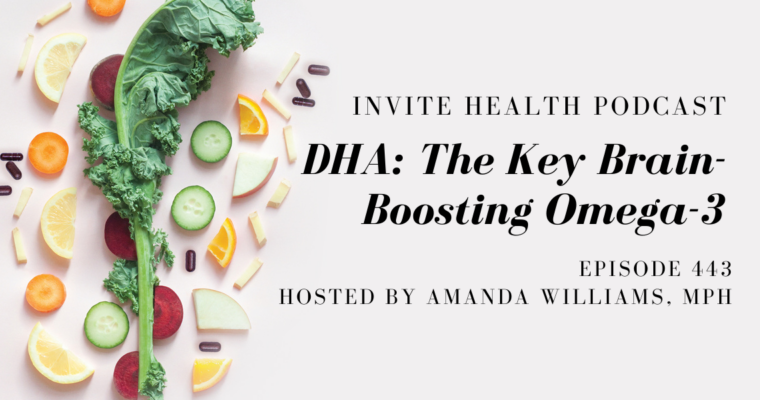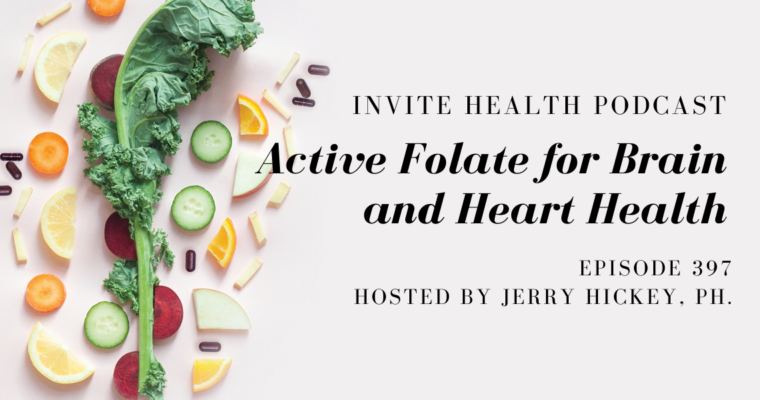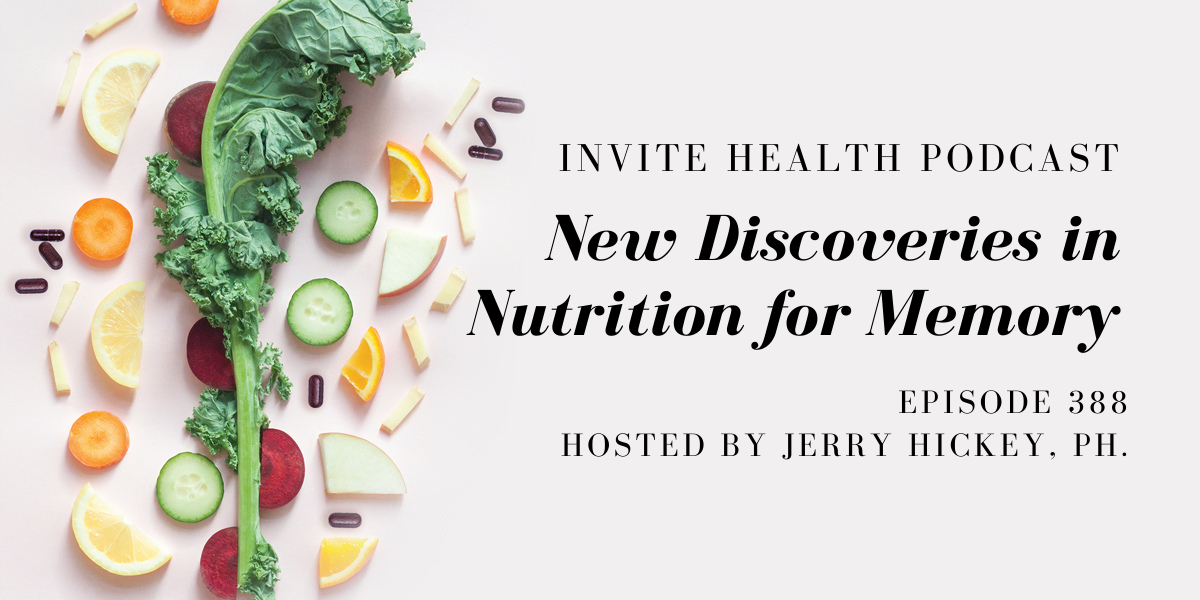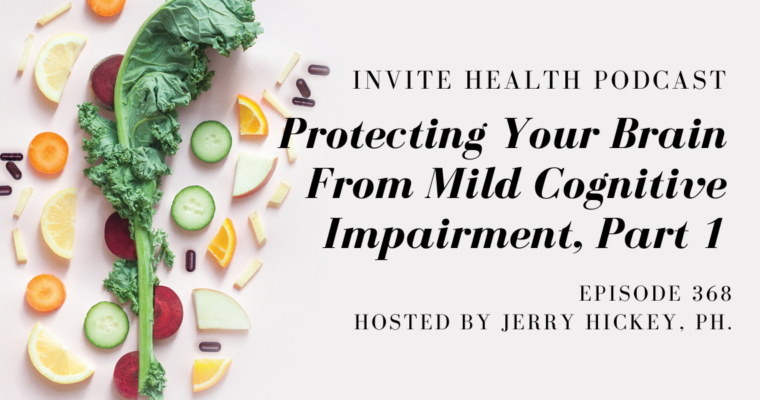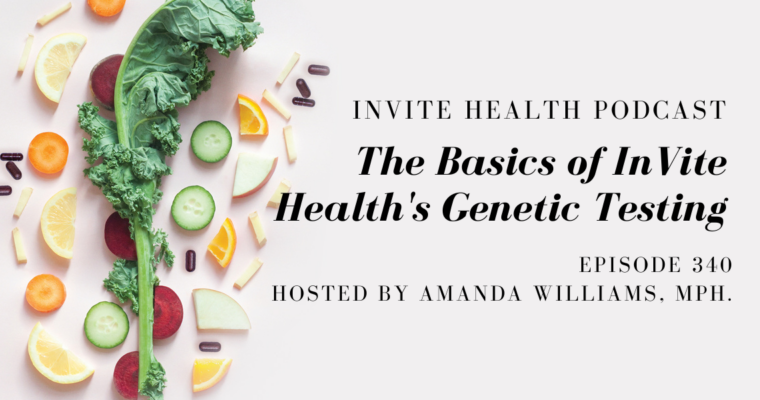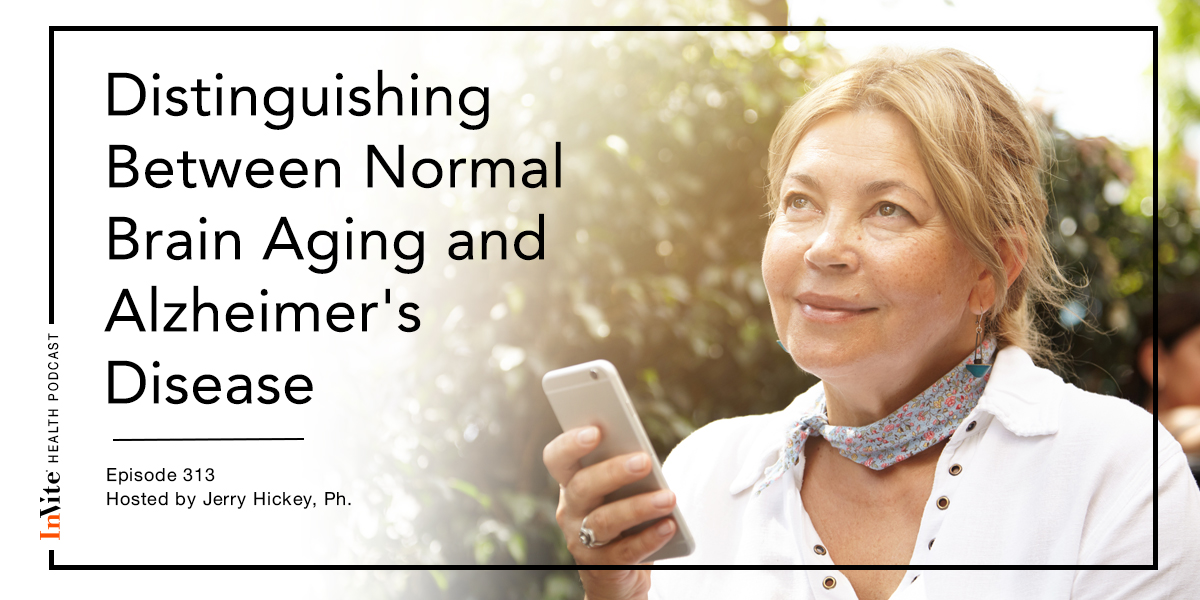brain
Invite Health Podcast, Episode hosted by Jerry Hickey. Ph
Subscribe Today!
Many older adults worry about their memory and the other abilities of their brain. For instance, they may find it’s taking longer to learn something new or maybe they’re forgetting to pay their bills once in a while. Well, is this normal forgetfulness or is this something else? This episode is designed to help you identify the difference between Alzheimer’s and normal brain aging.
Forgetfulness and the aging brain
Mild forgetfulness and absentmindedness is often a normal part of aging, not a sign of a serious memory problem. Fortunately, on a yearly basis, only a tiny percentage of people with what would be perceived as normal age-related memory loss will convert to dementia. It’s very rare.†
This Gene Increases The Risk of Alzheimer’s; How to Fight Back – InVite Health Podcast, Episode 301. Listen Now >
A memory lapse for a second is normal and no big deal. Everybody forgets something, especially when we’re distracted or busy. This may happen more often as we get older. Mild memory loss is a normal part of aging and not something to worry about. It doesn’t necessarily mean you’re going to develop dementia. As we age, we can have some “senior moments,” as they call it.†
When to become concerned about your memory loss
Dementia is not as common as you think it is. If memory loss makes it hard for you to carry out your daily tasks, then you have a sign that shouldn’t be ignored. For instance, are you forgetting something you just heard? A big clue that it’s something worse is asking something over and over again. That’s a big clue that the memory is having a big problem. Relying on a number of notes to get through your day is a clue. If you or your family are noticing these things happening to you, you really need to talk to your doctor.†

Another clue that it’s not just memory loss is if you’re struggling to do things like follow directions on something very familiar to you, like a recipe, or if you can’t keep track of things such as paying the bills like you used to. It could be a warning sign of memory problems.†
According to the National Institute on Aging, a way to tell the difference between normal brain aging and a serious memory problem is that a serious problem makes it hard to do everyday things like driving and shopping. Signs can include:
- Asking the same question over and over again
- Getting lost in familiar places
- Not being able to follow instructions
- Becoming confused about time, people and places
If you have problems with your daily typical activities, it could be a sign of a more serious memory issue. It’s normal to forget where you parked your car, especially if you were rushing when you parked or you’re distracted when you’re parking. But if it happens regularly, check with your doctor. That could be a sign of dementia.†
Tune into the full podcast episode for more details on the differences between normal aging in the brain and dementia.
Enhanced Memory Support with Cognition Hx® – InVite Health Podcast, Episode 293. Listen Now >>
How to help your memory
If your memory is okay but you’re still concerned, you should use your brain. It’s like your muscles. If you don’t use it, then you lose it. Read, learn to play an instrument, sing, solve puzzles and be social. Exercise is great for the brain. It’s great for circulation to your brain, it’s great for brain health and heart health, but it’s also a stress reducer. Stress triggers the release of cortisol, a stress hormone. A little bit of that once in a while is good for the brain, but if you’re chronically stressed and you’re chronically releasing this, it is bad for your brain. A very safe option if you’re stressed is L-theanine, which comes from the green tea plant.†
For more information about foods and supplements that can help boost your memory and brain health, listen to the full podcast episode.
Thank you for tuning in to the Invite Health Podcast. You can find all of our episodes for free wherever you listen to podcasts or by visiting www.invitehealth.com/podcast. Make sure you subscribe and leave us a review! Follow us on Facebook, Twitter and Instagram at Invite Health today. We’ll see you next time on another episode of the Invite Health Podcast.


